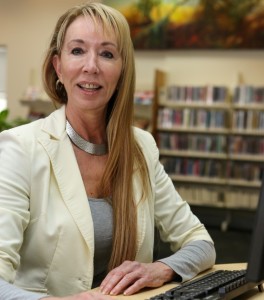Trauma researchers agree that experiencing childhood trauma can have a significant negative impact throughout life.
There are many types of trauma that can interfere with the optimal development of a child, including:
- prenatal abuse: perhaps due to a mother’s addiction to substances including heroin, cocaine, alcohol and medications; physical injuries; or emotional instability.
- After birth, trauma can take many forms and have many causes – eg separation of parents, lack of stimulation, injuries, and all forms of child abuse.
Unfortunately, the amount of research indicating that childhood trauma leads to serious lifetime implications, is disturbing. As a result of traumatic experiences, a significant proportion of the population develops psychopathology in some form.
The Impact of Childhood Trauma
Neglect appears to be the most pervasive and persistent form of trauma, when considering lifetime implications. This is because neglect affects every aspect of the developing neurological system, with the lack of stimulation resulting in a smaller brain size and weaker neural networks.
In fact, trauma significantly impacts on the entire physiology of the brain. Some parts that relate to survival, for example, are over-developed.
Consequently, the focus is shifted away from other key areas of the brain that are required for new learning and exploration of the world. Anything other than survival can seem unimportant and even irrelevant.
Because of the brain’s emphasis on survival functions, which bypass thoughtful mental processing, we do not do well trying to heal from childhood trauma on our own. Recovery from childhood trauma usually requires outside assistance.
Overcoming Childhood Trauma
Trauma therapy can help the brain reconstruct the way it absorbs and processes information, to override the emphasis on survival mode.
New inner models need to be developed to allow the traumatised brain to function successfully in the world. Unfortunately, without outside help a brain that has been traumatized easily misconstrues sensory information, and by continuing in this survival mode, the traumatized brain is not likely to develop a new way of thinking and processing information on its own.
If you would like to know more about the impact of childhood trauma, or you or any member of your family seems to be blocked from reaching their potential and developing a positive sense of wellbeing, please ring to make an appointment to see me.
 Author: Dr Jan Philamon, PhD, BA (Hons) Psychology, C Teach, JP (Qual) Qld, MAPS.
Author: Dr Jan Philamon, PhD, BA (Hons) Psychology, C Teach, JP (Qual) Qld, MAPS.
As a registered teacher and psychologist, Dr Jan Philamon has a wealth of experience with children, however she enjoys helping individuals and couples at any stage of life. Jan aims to help people to be the best they can be and find success: improved wellbeing, gaining a sense of empowerment that allows them to actively problem solve and manage obstacles constructively, as well as positively plan and achieve their personal and career goals.
To make an appointment try Online Booking. Alternatively, you can call M1 Psychology Brisbane on (07) 3067 9129